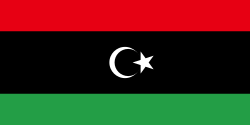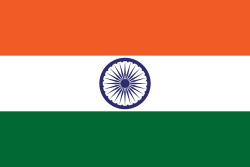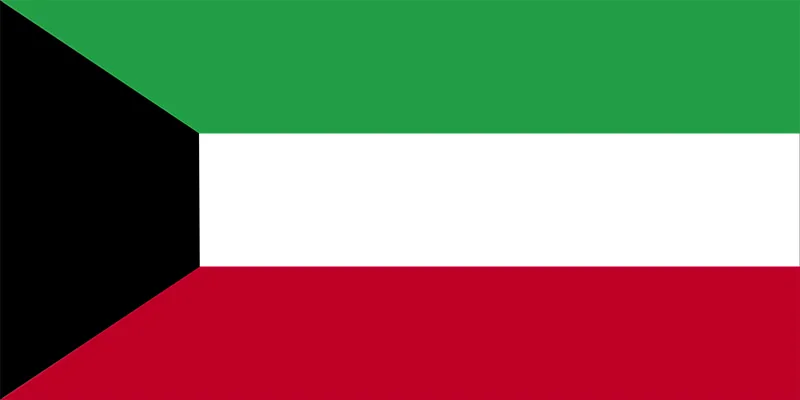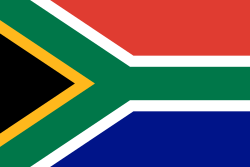Top 10 Most Racist Countries In The World 2024

Some countries consider it absolutely normal to embrace people that are of different races, ethnicities and nationalities; they have developed an admirable affirmation to diversity within their borders. On the other hand, some countries are not so open to diversity in their countries of origin. The elusive nature of racism makes statistical analysis a significant hurdle. Many of the countries do not have such infrastructures to record cases of racism or racially and ethnically bias activities.
To make matters worse, many countries do not even collect census data on the racial and ethnic composition of their countries. Thus, monitoring and assessing discriminatory measures against particular sociocultural groups have become an almost impossible task.
Most Racist Countries 2024
- India
- Lebanon
- Bahrain
- Libya
- Egypt
- Philippines
- Kuwait
- Palestine
- South Africa
- South Korea
1. India

The country marked highest for racism in this study is India. In the southern region of Asia, this country comes second in being the most populated with approximately 1.3 billion people. The surveys show that the natives have a high level of intolerance towards people with dark skin in this country. It does not matter whether these are foreigners, particularly Africans, or even darker-skinned Indians, the situation is the same.
India has very few immigrants and very few foreign nationals living within the country. Hence, the majority of its populace consists of Indians. This fact has been viewed as one of the reasons explaining racism. For instance, it is quite easy to escape from intercultural communication and very difficult to assimilate later into different societies, if one is not used to seeing or communicating with people of other ethnicities and races.
2. Lebanon

Despite the fact that the country’s demographic composition centers on Christians and Moslems almost equally, Lebanon remains a nation whose population is largely within one ethnic group. This low level of diversity means that the residents of Lebanon more often than not are resistant to entrance into and interaction with members of other races simply because it has not been a routine practice.
3. Bahrain

READ ALSO » Top 10 Most Visited Countries In The World 2024
At number three with racism is a Persian gulf state, Bahrain which lies a few seas from Saudi Arabia. Almost about half the population of Bahrain are Bahraini nationals while the highest number of foreigners are Indians.
4. Libya
The lion share of the Libyan population is graied by Arabic nationals. Libya’s Population has ethnic subgroups of Tunisians, Egyptians, Dawadi, Italians, Maltese, Greeks, Pakistanis, Turks, and Indians. The reason was that out of 54% of Libyans who belonged to a group, they did not agree to live next to people of a different race. 39.7% of the population have experienced or have seen foreign oppression in Libya.
5.Egypt

Egypt is the number five. Almost all populations born and raised in Egypt are since that time accounting to 91%, whereas the rest 9% is composed of groups such as Bedouins, Abazas, Turks, and Greeks. The studies' findings pertaining to Egypt, Libya, Bahrain and Lebanon seem to be in line with the ones regarding India.
6.Philippines

It can be said that the Philippines is one of the countries where racism is not so prevalent. The past cultural exchanges and intermarriages of people from different races have promoted such a culture. It is true that some negative treatment does occur every once in a while though most times, it is not a widespread problem. The sense of national identity in the Philippines is already a product of cross breeding and encourage rather than stifle societal embrace of the citizen.
7. Kuwait

Kuwait is well-known for its unequal treatment towards foreigners, especially in the context of employment. Workers are reported to be subjected to unfavourable terms based on their nationality or ethnicity. Due to the system, which links the immigrant to the employer these systems are also vilified; in this context, every other employment is a slave labor. In spite of the attempts to move past these issues incidences in racism and mistreatment still pop up suggesting that Kuwait has a bit of a problem in reversing such ingrained issues.
8. Palestine

Taking into consideration the sociopolitical history related to the region, racism in Palestine is multidimensional. Various ethnic and religious groups occupy the geographical area, though the history of the region can give rise to conflict. The focus is on the Israeli-Palestinian matters, however intercultural discriminations are also documented.
9. South Africa

The history of South Africa since whites set foot on the country has been marred by that of apartheid and segregation on the basis of color. However, since the apartheid era came to an end, there has been some development, although structural inequalities have remained. Even if such initiatives have been towards national healing and development, various forms of discrimination still operate at particular levels in society, especially economic ones, and are a result of past injustices.
10. South Korea

READ ALSO » Top 11 Most Technologically Advanced Countries In The World 2024
South Korea is rather cohesive ethnically, and strategy regarding diversity in the country is yet in development. Stress especially that the issue of racism is universal with high prevalence in most countries of the world. The nation has experienced a rise in foreign migration challenging the public to appreciate multiculturalism. However, foreign residents do suffer racism and discrimination, particularly those from the less known groups. South Korea aspires to become, perhaps benignly, more multicultural society, and so this requires tackling these issues and also educating the populace towards positive definitions of diversity.
As the issue of race relations is not alien as many scholars perceive it to be in today’s globalized world. Variances in compliance with intercultural relationships are bailiwicks like the Philippines, Kuwait, Palestine, South Africa, and South Korea. Several countries make impressive steps in promoting diversity and acceptance while many countries have strong bias that is hard to fight.
Racism and discrimination, as noted previously, are not arts which every liberalist tries to engage irrespective of the environment. Racism is present in countries in the world based on various studies that several barriers still limit the people especially society from interacting freely with one another. It is known that the history of unscrupulous cross-cultural relationships developing into oppression or ethnic cleansing is ever-present. In most cases, the level of racism in a country is a reflection of its historical, socioeconomic, political, and demographic status.
